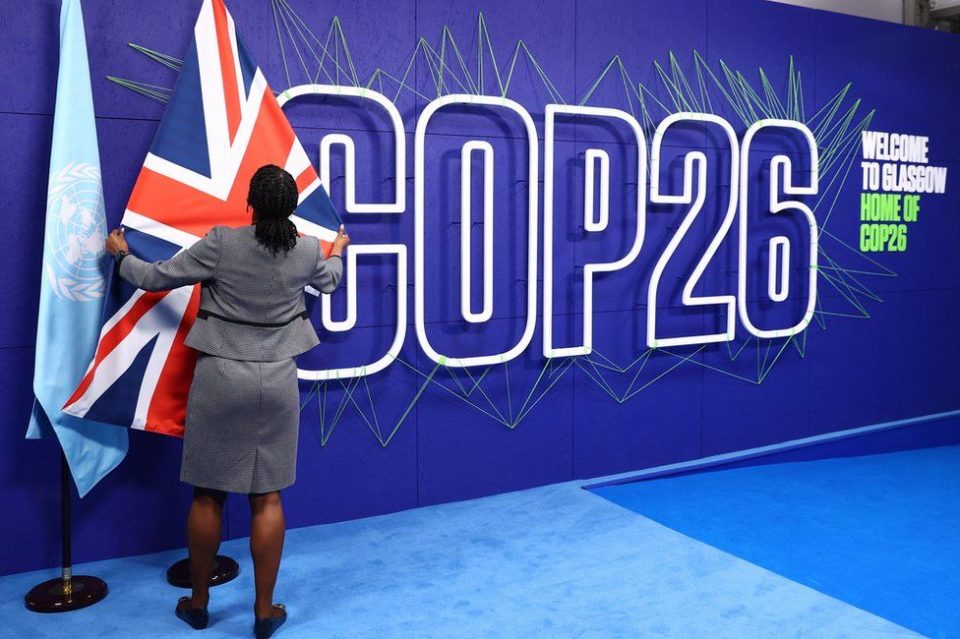As the UN Climate Change Conference (COP26) Glasgow wind-up, 50 countries have committed to develop climate-resilient and low-carbon health systems in response to growing evidence of the impact of climate change on people’s health.
The leaders of these 50 countries, which include some of those most vulnerable to the health harms caused by climate change as well as some of the world’s biggest carbon emitters, have committed to take concrete steps towards creating climate-resilient health systems.
Forty-five of these countries have also committed to transform their health systems to be more sustainable and low-carbon, also Fourteen countries have set a target date to reach net zero carbon emissions on or before 2050.
The commitments were made as part of the COP26 Health Programme, a partnership between the UK government, the World Health Organization (WHO), the United Nations Framework Convention on Climate Change (UNFCCC) Climate Champions and health groups, such as Health Care Without Harm.
Presently, health systems are substantial sources of greenhouse gas emissions accounting for around 4.6%, making the impacts of climate change the biggest public health challenge of this century.
This effect could be felt around the world through greater water and food insecurity, extreme weather events and increased infectious diseases, meaning these elements all threaten the capacity of health systems to prevent, adapt and respond to increased and new health risks.
For the 50 countries joining the COP26 climate smart health care, they will ensure their health systems are resilient and able to withstand such environmental shifts to continue to deliver care for their nation.
Speaking at the conference, Director-General of the World Health Organization, Tedros Adhanom said, “The future of health must be built on health systems that are resilient to the impacts of epidemics, pandemics and other emergencies, but also to the impacts of climate change, including extreme weather events and the increasing burden of various diseases related to air pollution and our warming planet.”
Furthermore he said, “Health systems must also be part of the solution, by reducing carbon emissions. We applaud those countries that have committed to building climate-resilient and low-carbon health systems, and we hope to see many others following their lead in the near future.”
Countries that have committed to achieving low-carbon, sustainable health systems include Argentina, Fiji, Malawi, Spain, the United Arab Emirates, the United States of America and 39 others.
While countries that have committed to enhance the climate resilience of their health systems include Bangladesh, Ethiopia, the Maldives, the Netherlands, and 45 others.
The government of Fiji Islands will be responding to the increase in cyclones, flash floods, and rising sea levels causing lack of drinking water due to saltwater intrusion, by building more climate-resilient health infrastructure, strengthening the health workforce, and providing health care facilities with sustainable energy services.
List of sign up Countries.
Argentina
Bahamas
Bahrain
Bangladesh
Belgium
Belize
Bhutan
Cape Verde
Central African Republic
Chile
Colombia
Costa Rica
Dominican Republic
Egypt
Ethiopia
Fiji
Germany
Ghana
Indonesia
Ireland
Jamaica
Jordan
Kenya
Lao PDR
Madagascar
Malawi
Maldives
Morocco
Mozambique
Nepal
Netherlands
Nigeria
Norway
Oman
Pakistan
Panama
Peru
Rwanda
Sao Tome and Principe
Sierra Leone
Spain
Sri Lanka
Tanzania
Togo
Tunisia
Uganda
United Arab Emirates
United Kingdom
United States of America
Yemen

